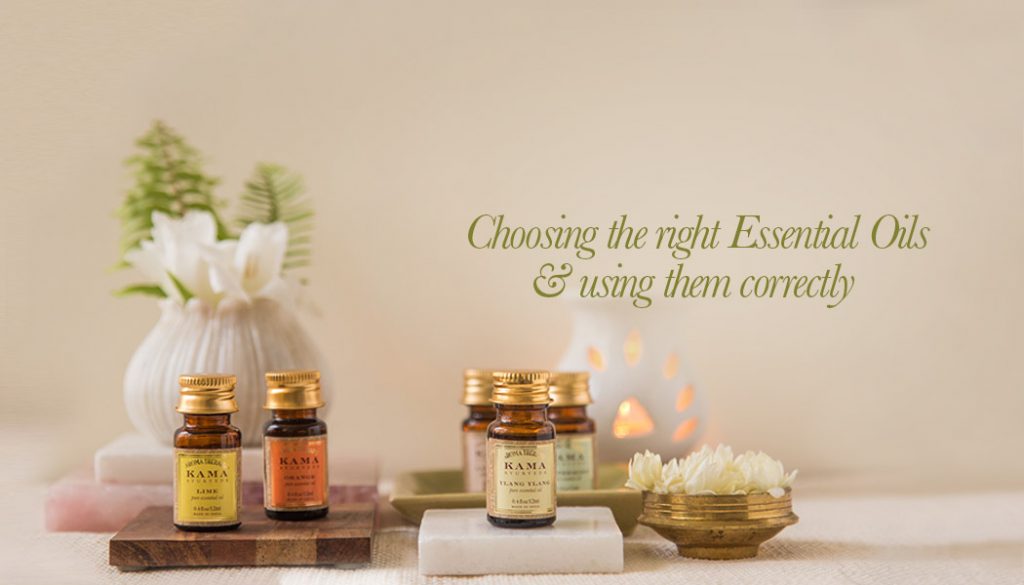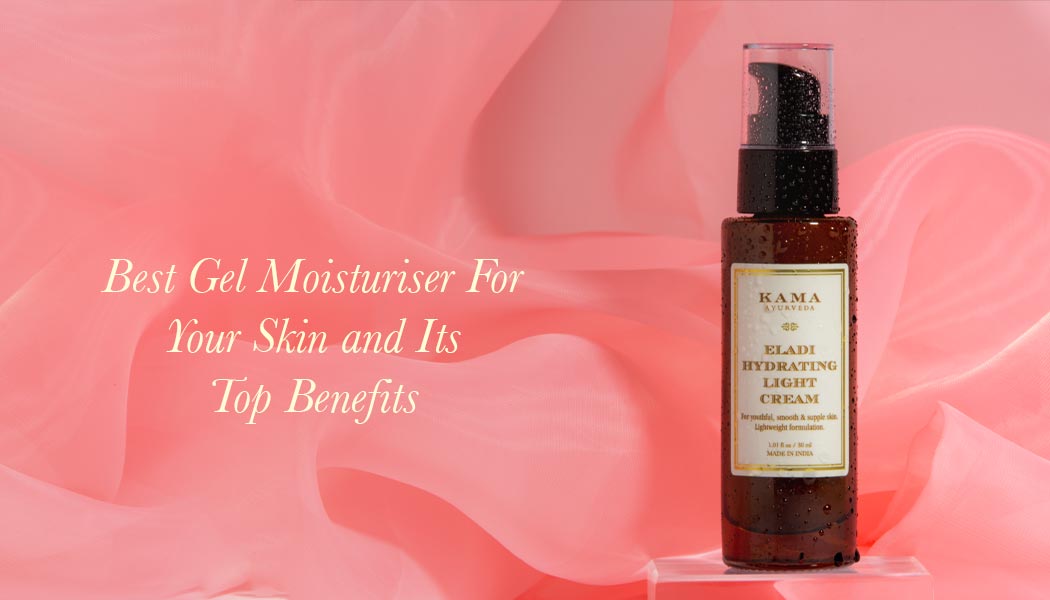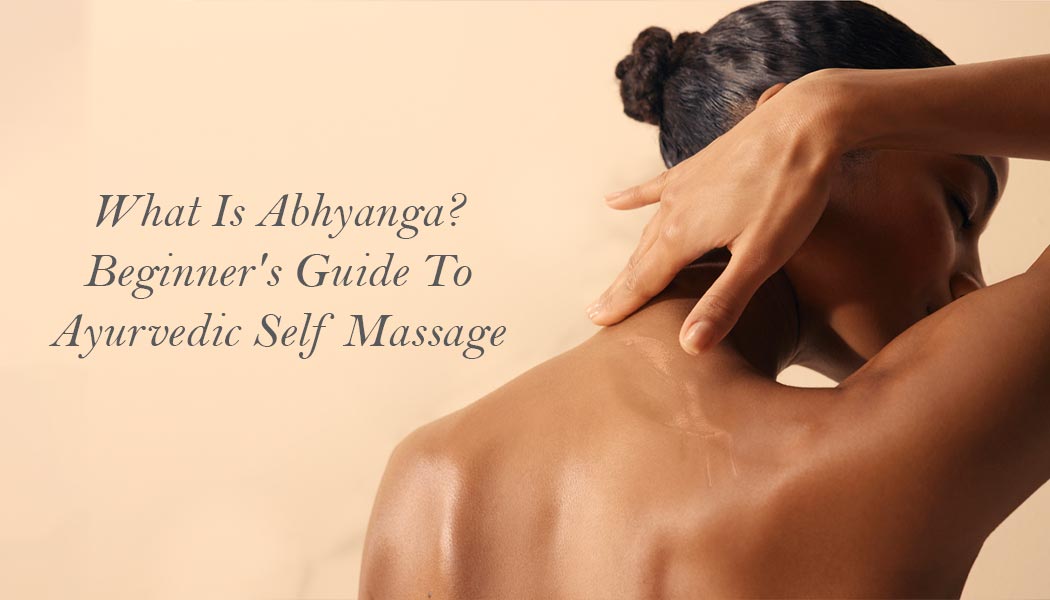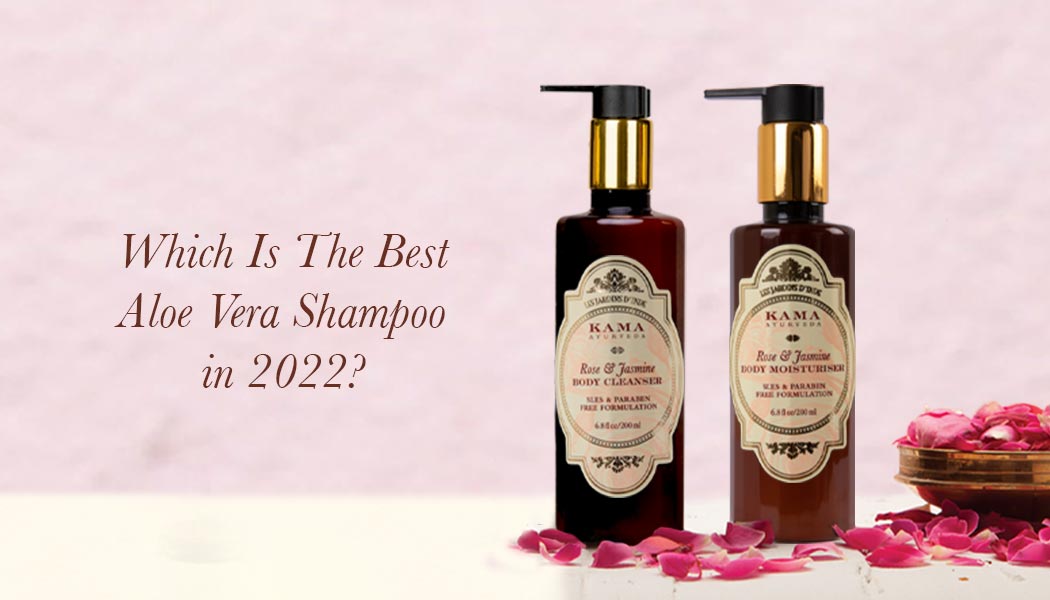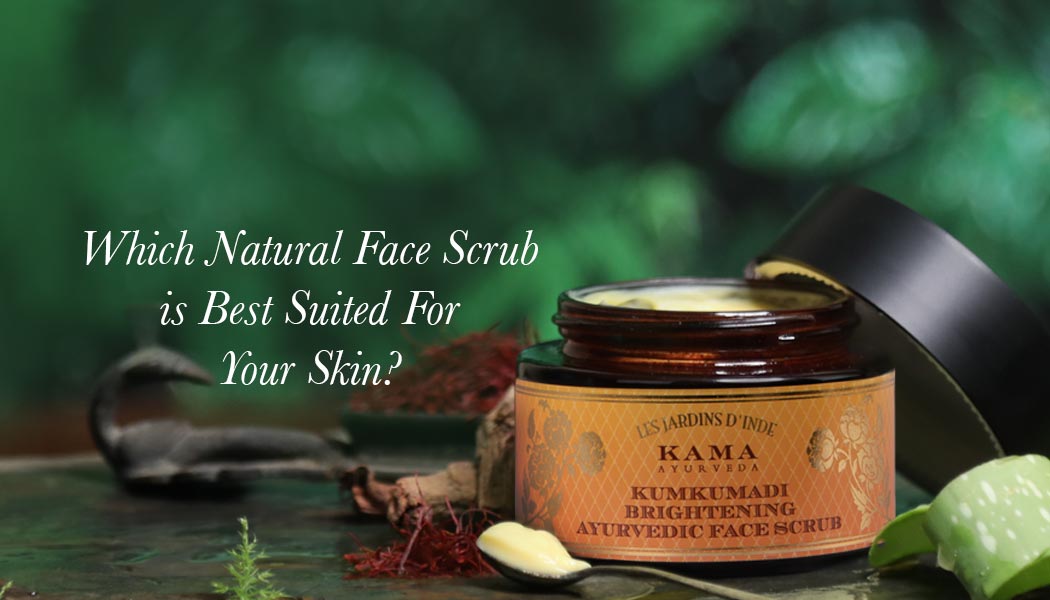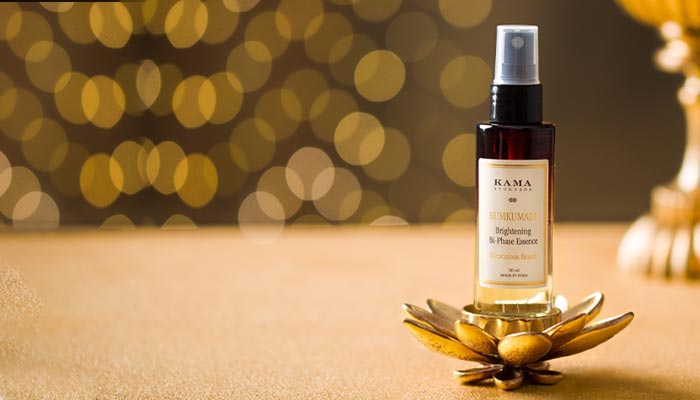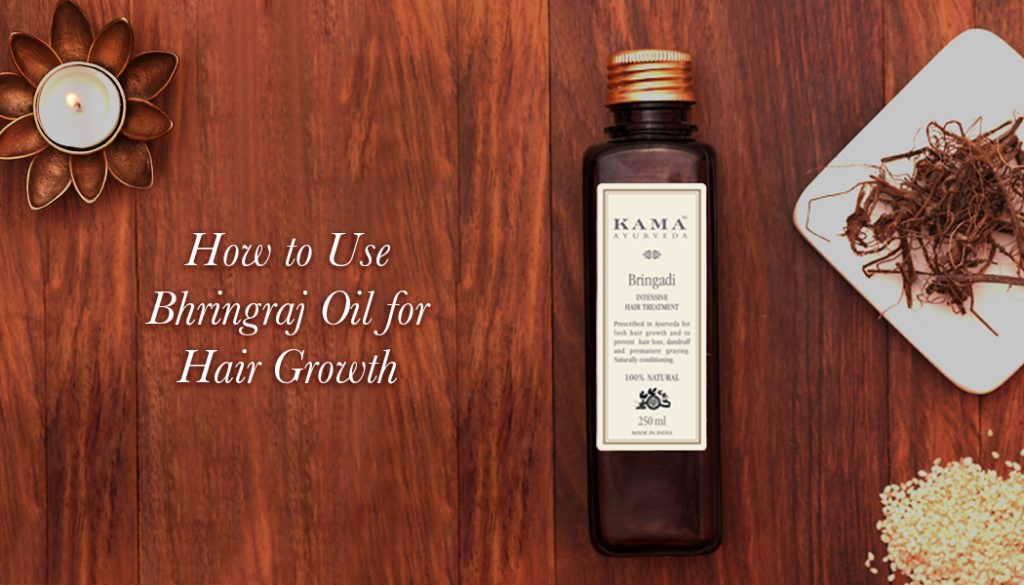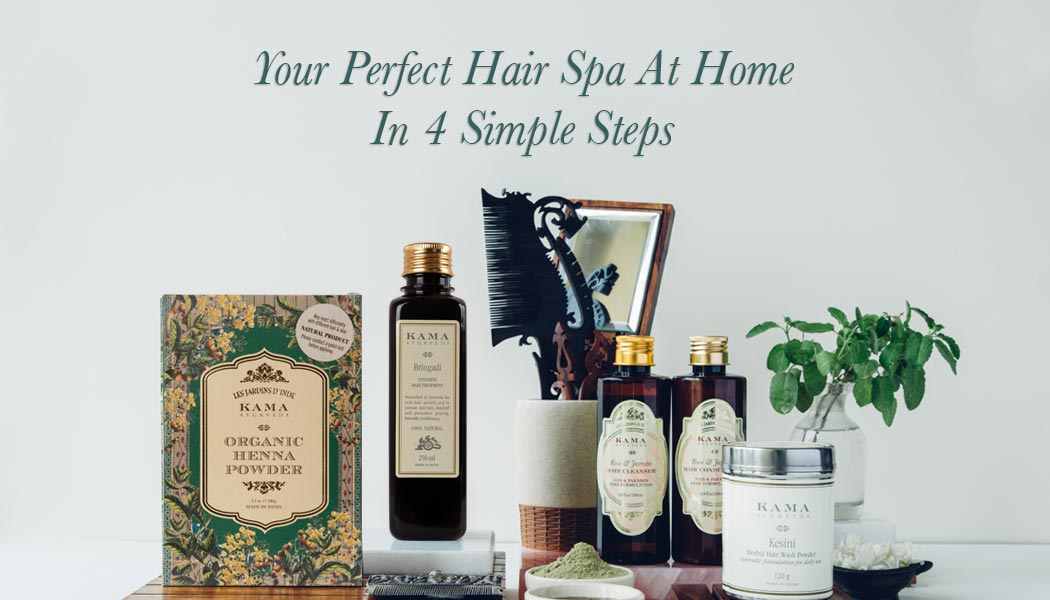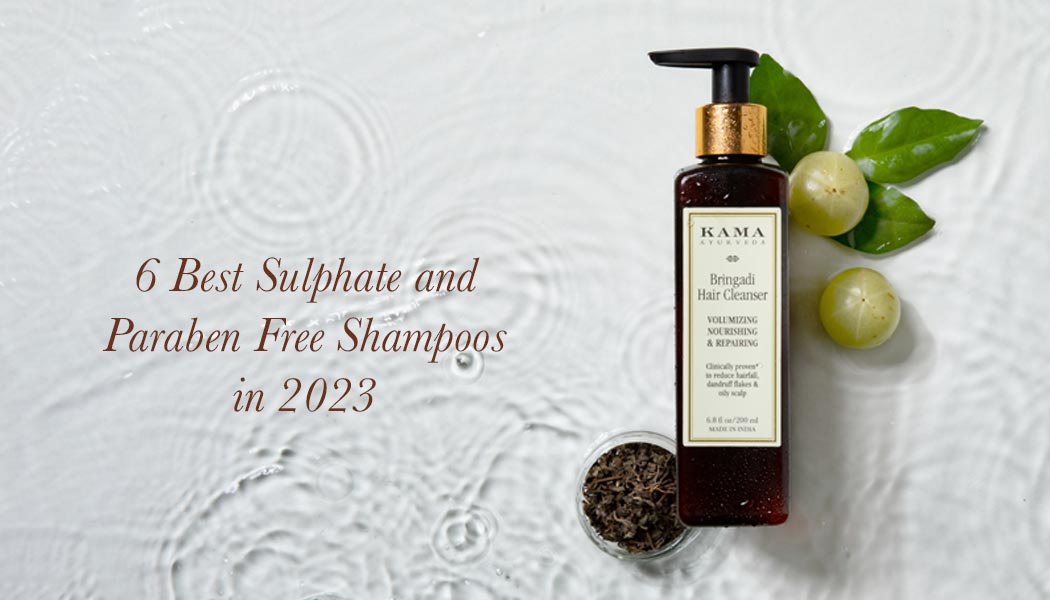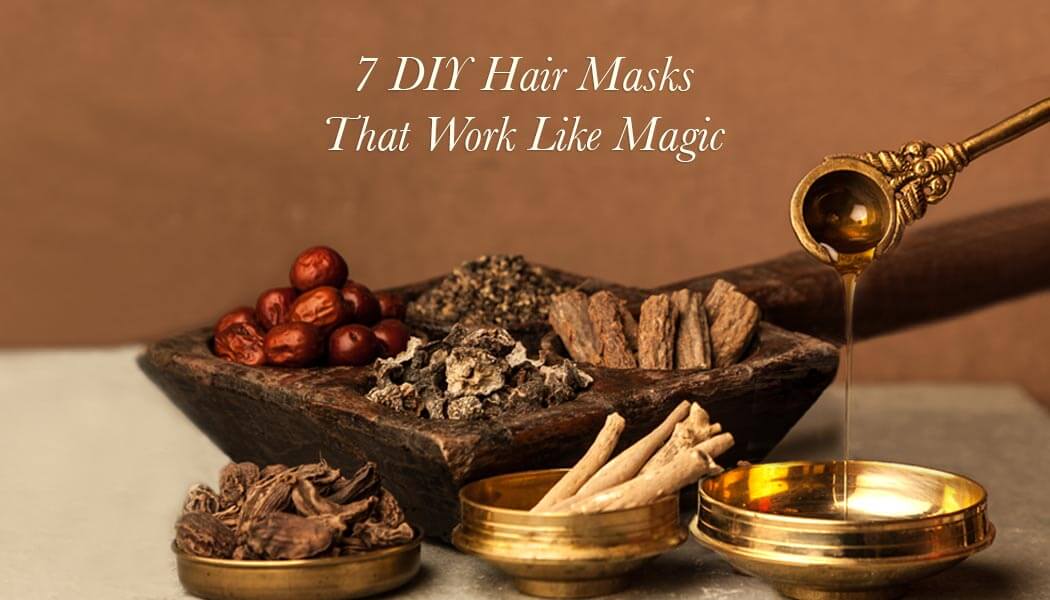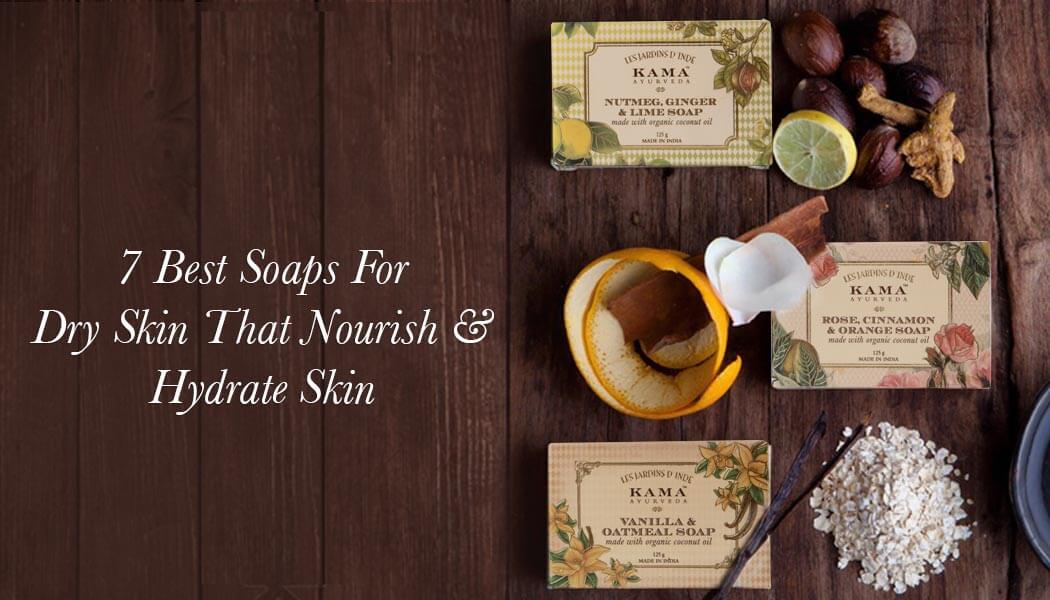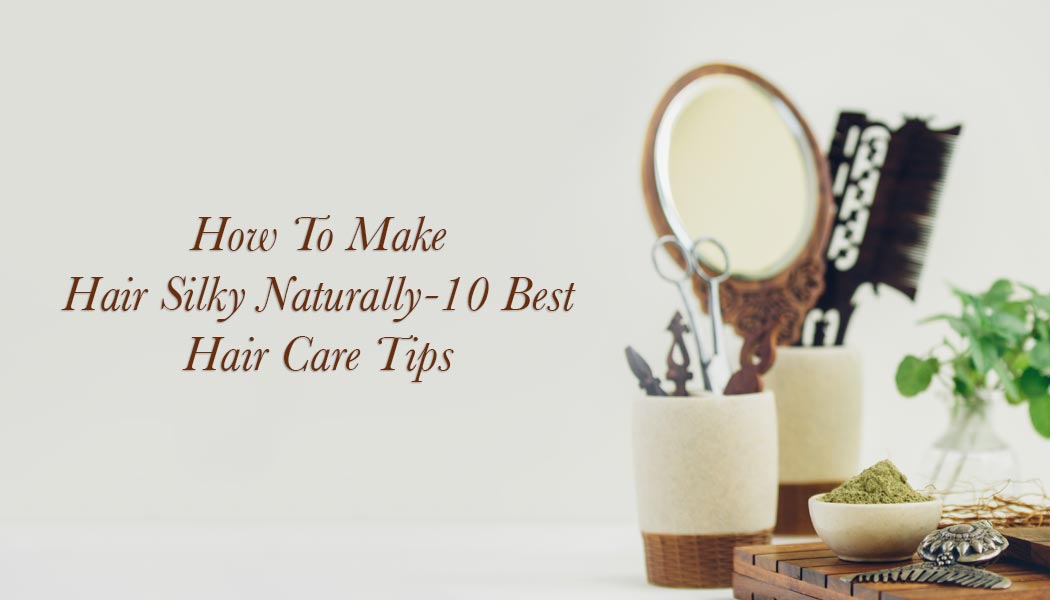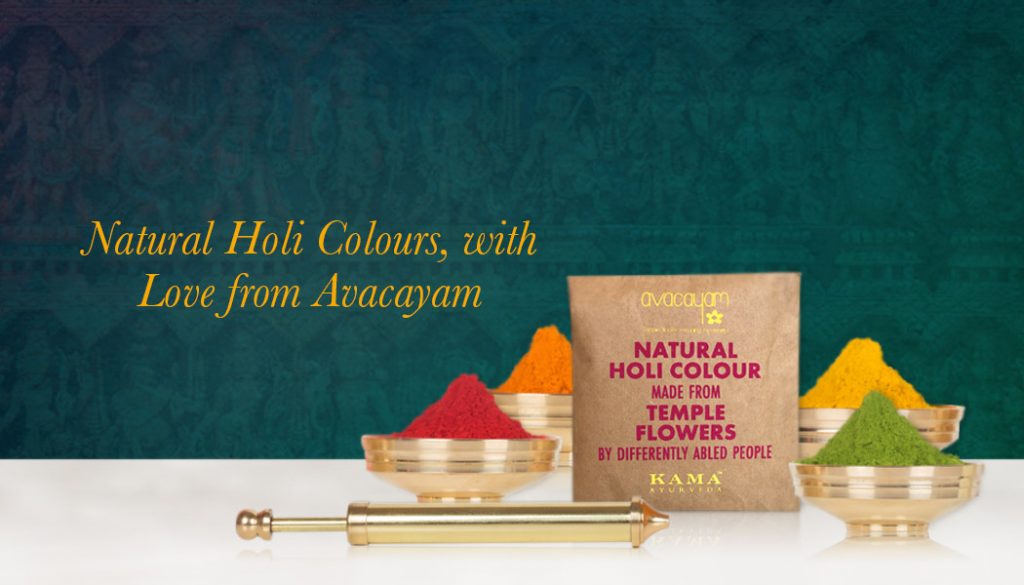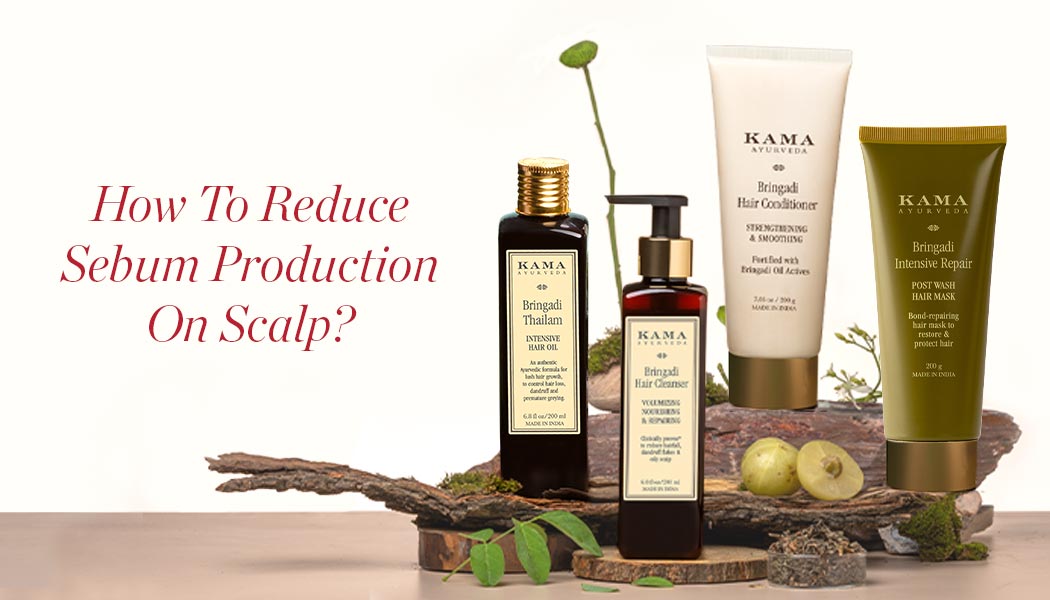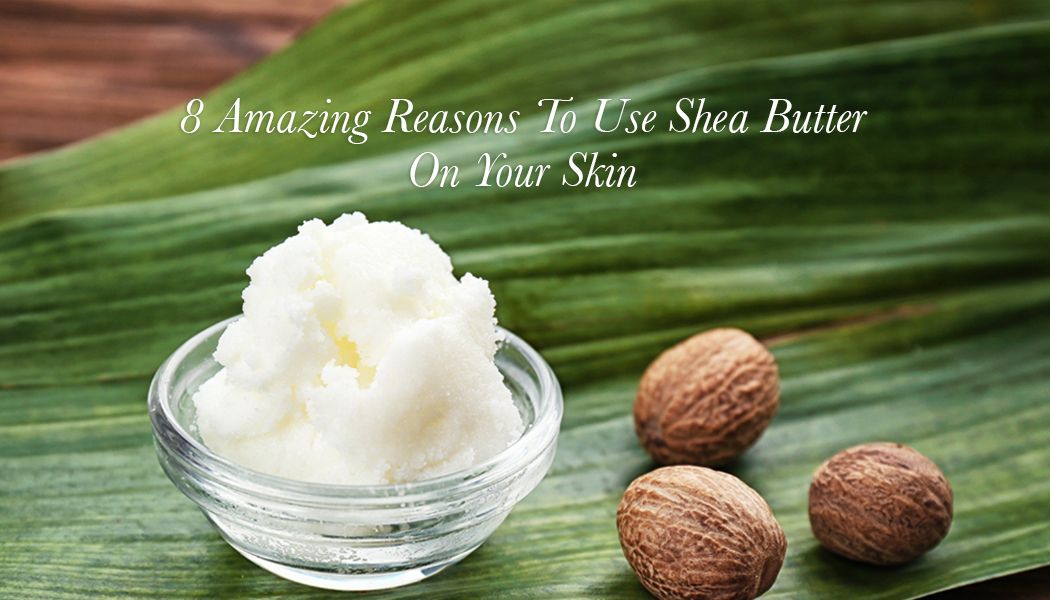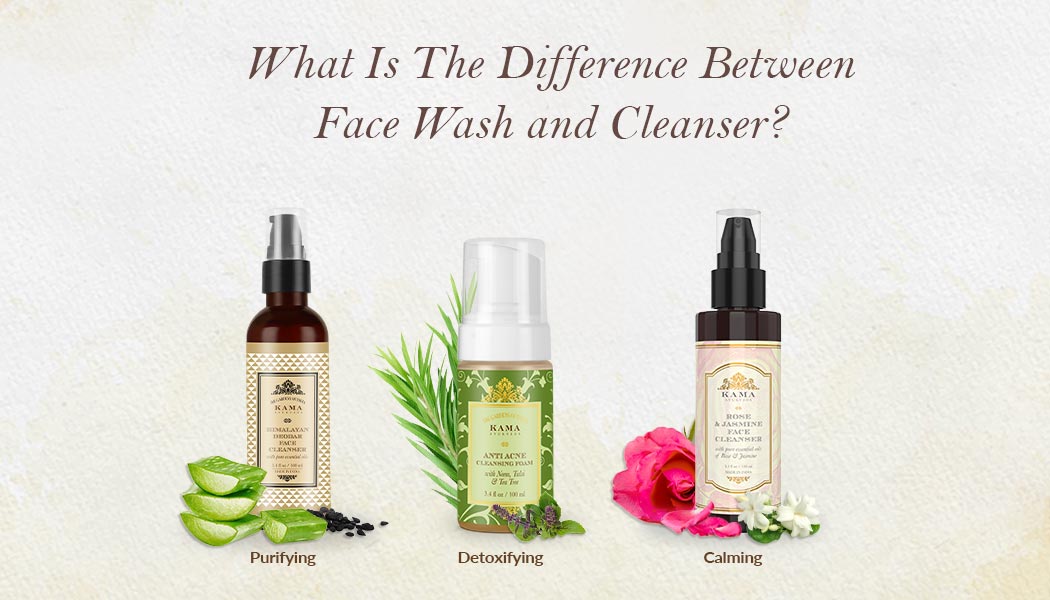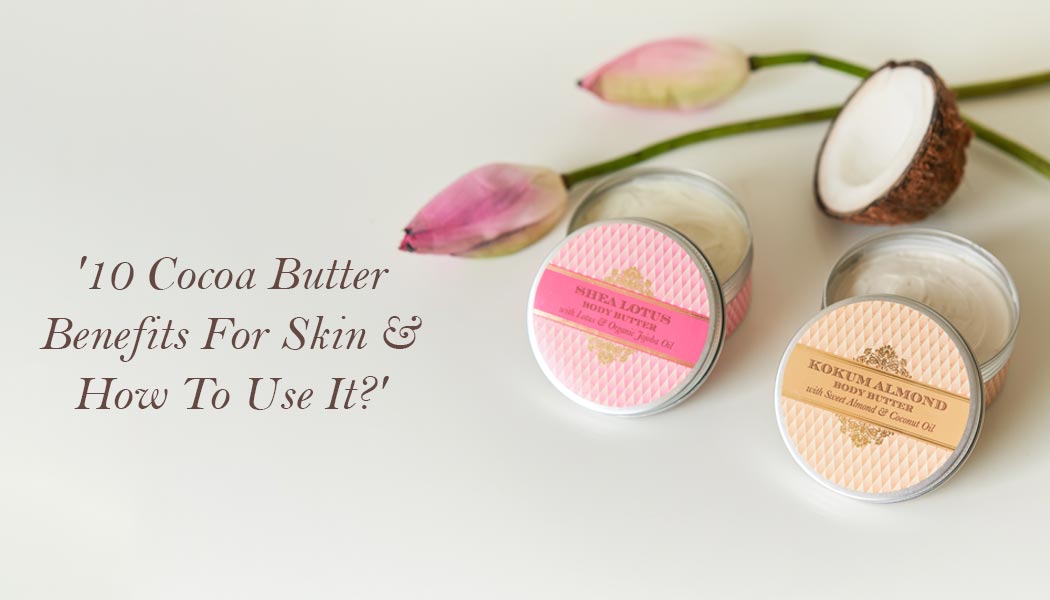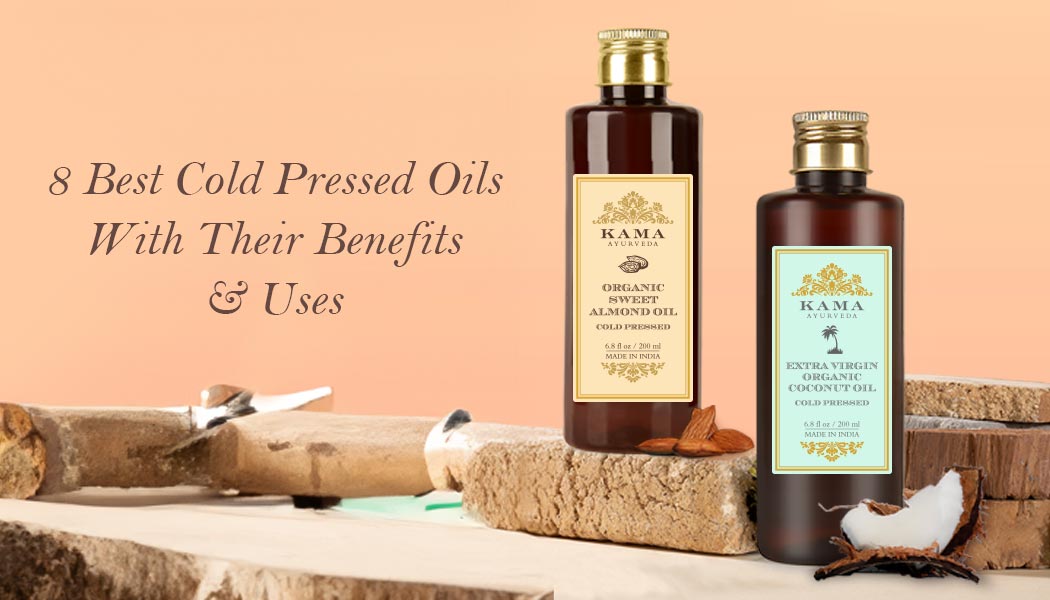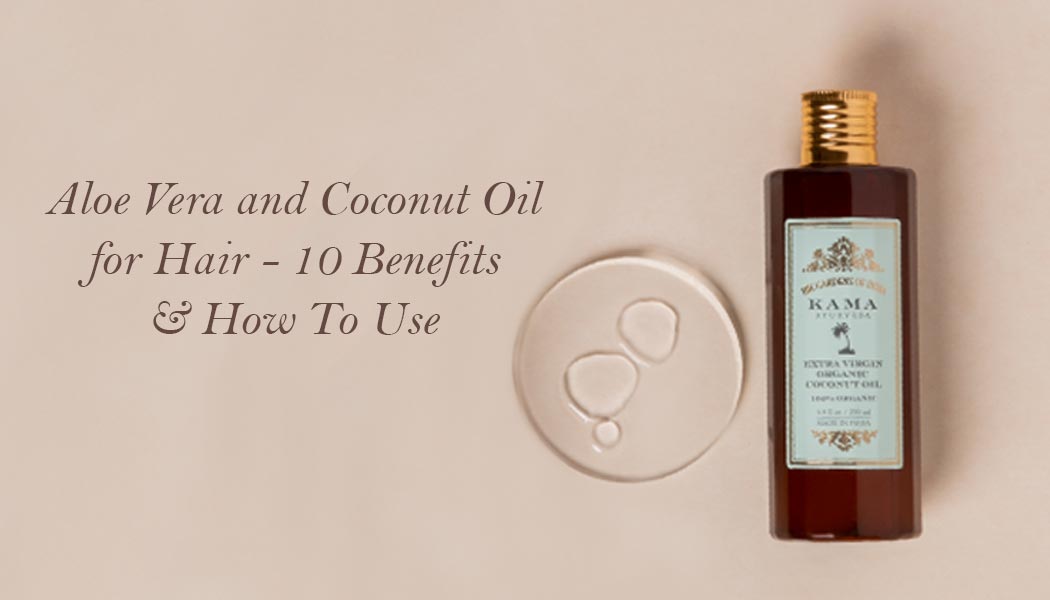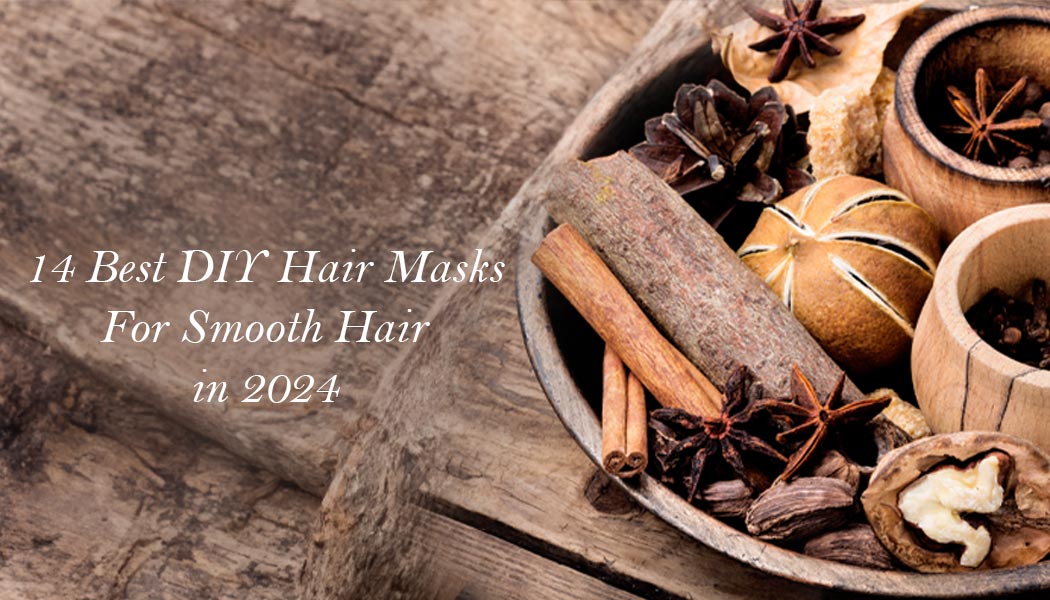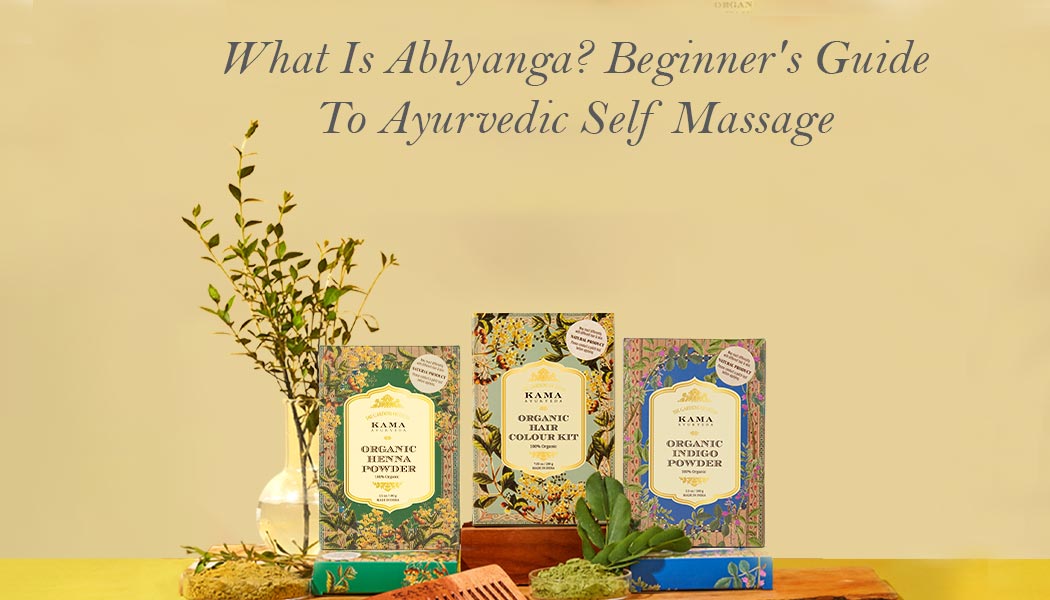Authored by : Vipin Yadav
- 6 October 2017
- 3 mins read
Essential oils couldn’t be more simply named, few things are as effortlessly self-explanatory. However, the underlying meaning is quite deep!
WHAT’S SO ESSENTIAL ABOUT ESSENTIAL OILS?
The term 'essential' in the phrase is taken from 'quintessential'. Matter is composed of air, water, earth, and fire and the mystical fifth element, or 'quintessence', is the life-force. Ancient Indian sciences and scripts called quintessence akash, or the all-pervasive spiritual energy beyond the realm of matter, in the astral world, from which the 'spark' of Creation stems. The term was adopted by Western traditions later, within which akash is also referred to as ether. Etheric or akashic records are also stored in human DNA. This 'genetic memory' stores every aspect of our experience, though we might not know this.The comfort and therapy, the sense of ‘home’ we feel when we come in contact with certain essential oils, is our mind, body, and soul responding to that certain something in the essential oil, that ignites a sense of wellness, familiarity and of feeling whole.
POPULAR ESSENTIAL OILS FOR SOME POPULAR APPLICATIONS THIS IS MORE OF A GUIDING OR INDICATIVE LIST THAN AN EXHAUSTIVE ONE.
§ Air Freshening: Pine, Lavender, Lemongrass, Lemon, Lime, Grapefruit, Cinnamon.
§ Disinfectant + Insect Repellant: Clove, Citronella, Lemongrass, Tea-Tree, Orange.
§ Bad Throat: Eucalyptus, Lemon, Cinnamon, Clove.
§ Sprains: Peppermint, Rosemary, Cypress, Clove, Chamomile.
§ Headaches and Digestive or Respiratory Issues: Lavender, Lime, Peppermint, Eucalyptus, Basil.
§ Anti-Anxiety: Bergamot, Cedarwood, Rose, Ylang-Ylang, Chamomile, Frankincense, Orange, Vetiver.
§ Skincare: Vetiver, Basil, Tea-Tree, Geranium, Rose, Cypress, Lavender, Cinnamon, Sandalwood, Jasmine.
§ Aphrodisiac: Sandalwood, Rose, Jasmine, Patchouli, Clary Sage, Neroli, Ylang-Ylang.
If you are earnest about incorporating essential oils into your lifestyle, you’ll progressively realise that you would have to match the true essence of these precious botanical elixirs. In order to understand, respect and use them properly, you’ll have to be as spiritual and intuitive as they are. It doesn’t take much. Listen to your mind and body – there will always be a reason why you’re attracted to one essential oil over another and why, perhaps after some time, the attraction fades away. It’s only spiritual communication, between the akash in you and the akash in Nature’s Bounty. The best way to learn the language is to revel in it!
EXTRACTING ESSENTIAL OILS
Scientifically, for an essential oil to be pure, absolute, or 'true', it has to be extracted from its botanical source physically. The various physical means adopted include:
§ Steam distillation
§ Water distillation
§ Cold pressing
§ Maceration
APPLICATIONS OF ESSENTIAL OILS People with hypersensitive skin may not take to skin contact with essential oils and inhalation might work better for them. For many, personal use extends to scenting linen cupboards, wardrobes, and lingerie drawers, or bath water and massage oil/body and face pack blends.
For others, essential oils serve a domestic/décor purpose. They are used in the form of scented candles, potpourris, or in oil diffusers, to perpetuate a favourite fragrance through the nooks and crannies of a home, religious alter, or an office. Some people depend on essential oils only for curative purposes, adding an oil of choice to warm/cold compresses and poultices, to steam inhalation bowls for colds or inflamed sinuses.
HOW TO USE PURE ESSENTIAL OILS The purity of these extractions makes them very potent. Their direct application, in some cases even in the most minuscule quantities, can cause burns, allergic reactions, and physical discomfort of varying degrees. Never overestimate the ability of your skin (or nose) to handle concentrated essential oil.
Therefore, it is recommended to always mix essential oils with a vegetable-origin base/carrier oil to dilute the intensity. Coconut, sesame, or olive oils work well, though almond, apricot kernel, sunflower, or jojoba oils are also suitable alternatives. For every two tablespoons or so of oil, 2 drops of essential oil may be used.
This ratio should be adjusted accordingly for elderly persons, young children, and those with extremely sensitive skin.
Before embarking on an aromatherapy course of any nature, it is best to consult your doctor or a seasoned aromatherapy expert to ensure you’re not likely to suffer any unforeseen reactions based on your medical history. Such a consultation is especially recommended for pregnant women or those suffering from heart or respiratory issues.
About the Author
Vipin Yadav
Blog Categories
